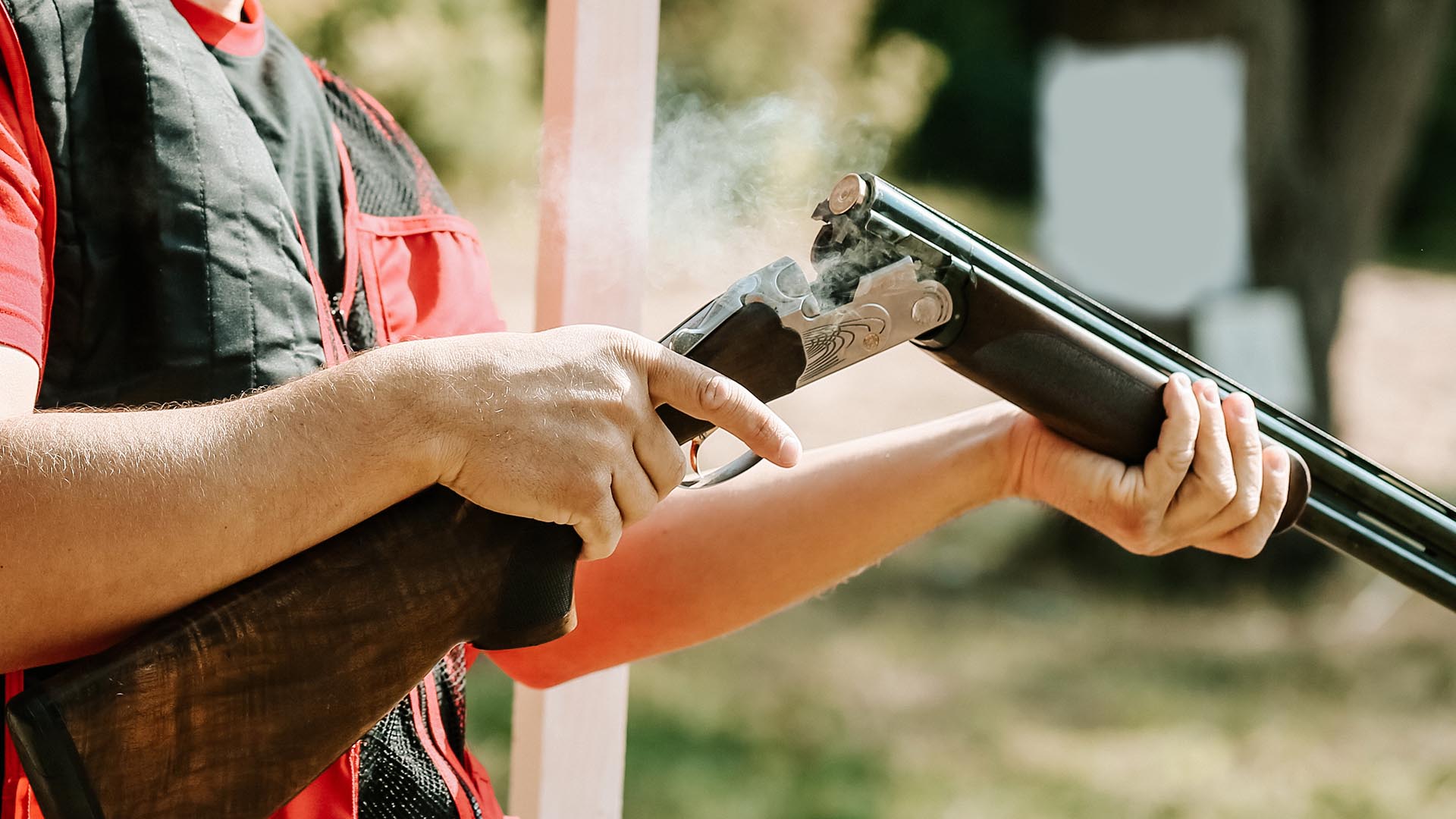
Who Should Be Named In My Gun Trust?
Who Should Be Named In My Gun Trust? One of the questions I hear when meeting with clients for the strategy session is: Who should be named in my gun trust document. This always evolves into a discussion on who they have in mind and that person’s status under federal law. The status I am exploring is specific – a prohibited person or a minor.
A prohibited person is the only type of person who should not be named in your gun trust as either a co-trustee, successor trustee or beneficiary. Under federal law, a person is prohibited if they fall into one of the ten different categories of prohibited individuals identified in 18 USC 922. The first place that I evaluate whether an individual should be named in a gun trust is 18 USC 922(g). If the desired person meets any of the nine specifically identified types of prohibited person status, my advice is to provide for him or her in the revocable living trust but leave them off the gun trust.
One of the common types of prohibited persons that we run across are a person convicted of a crime where the punishment includes imprisonment for a term exceeding one year. 18 USC 922(g)(1). The trick with this one is not what the actual sentence was, but what could the person be sentenced to under the law. If judge could have ordered the person to jail or prison for a term exceeding one year, then he is a prohibited person. At Michigan Gun Law, we pull the criminal histories for every person to be named in the trust to ensure that our clients are not inadvertently or unknowingly naming someone who is prohibited within their gun trust.
The next type of prohibited person is someone, who is an unlawful user of or addicted to any controlled substance (as defined in 21 U.S.C. § 802). 18 USC 922(g)(3). An individual who has a Michigan Medical Marijuana card is still an unlawful user under federal law. This is an area where the intersection of federal law and state law has a negative impact. Until federal law recognizes the medical use of marijuana or legalizes the use of it, any one who uses under state marijuana laws is still an unlawful user under federal law. However, a person who is suffering from an addiction to certain prescription medications is also a prohibited person. The reason is that a controlled substance is “a drug or other substance, or immediate precursor, included in schedule I, II, III, IV, or V of part B” of the Controlled Substance Act of 1970. 21 USC 802(6).
A third type of prohibited person is a person who has been convicted of a misdemeanor crime of domestic violence. 18 USC 922(g)(9). The analysis done for this type of prohibited person is whether he was convicted. A conviction is a formal declaration that someone is guilty of a criminal offense. This would include when a person pleads guilty. Our analysis focuses on those individuals who plead under the Michigan Domestic Assault Deferral, MCL 769.4a. This is deferral of the conviction from the public record, but the person is either found guilty or pleads guilty to the charge. This analysis often involves research recent court decisions at the federal level to provide a complete legal analysis. However, most of our clients decide that it is just better to leave this type of person off altogether. The catch is that if a deferral was granted our criminal records search will not find this conviction. This is typically something that our client is personally aware of happening in the past.
The fourth type of person that we typically counsel our clients on is the “minor.” I am not talking the under age of eighteen minor. For an individual to be able to possess, own or use certain firearms that person must be at least 21 years of age. When clients want to name their children as successor trustees, but the child is between the ages of eighteen to twenty-one, we counsel on other options when the child turns the age of twenty-one. Until that happens, our recommendation is to name the child as a beneficiary and another person over the age of twenty-one to possess the firearm until the child is legally able to own, possess or use the restricted firearm.
If you own firearms and any of your loved ones or beneficiaries are prohibited under federal law, a gun trust should be a part of your complete estate plan. Contact Michigan Gun Law today to schedule your first appointment to prepare a gun trust and complete your estate plan.
